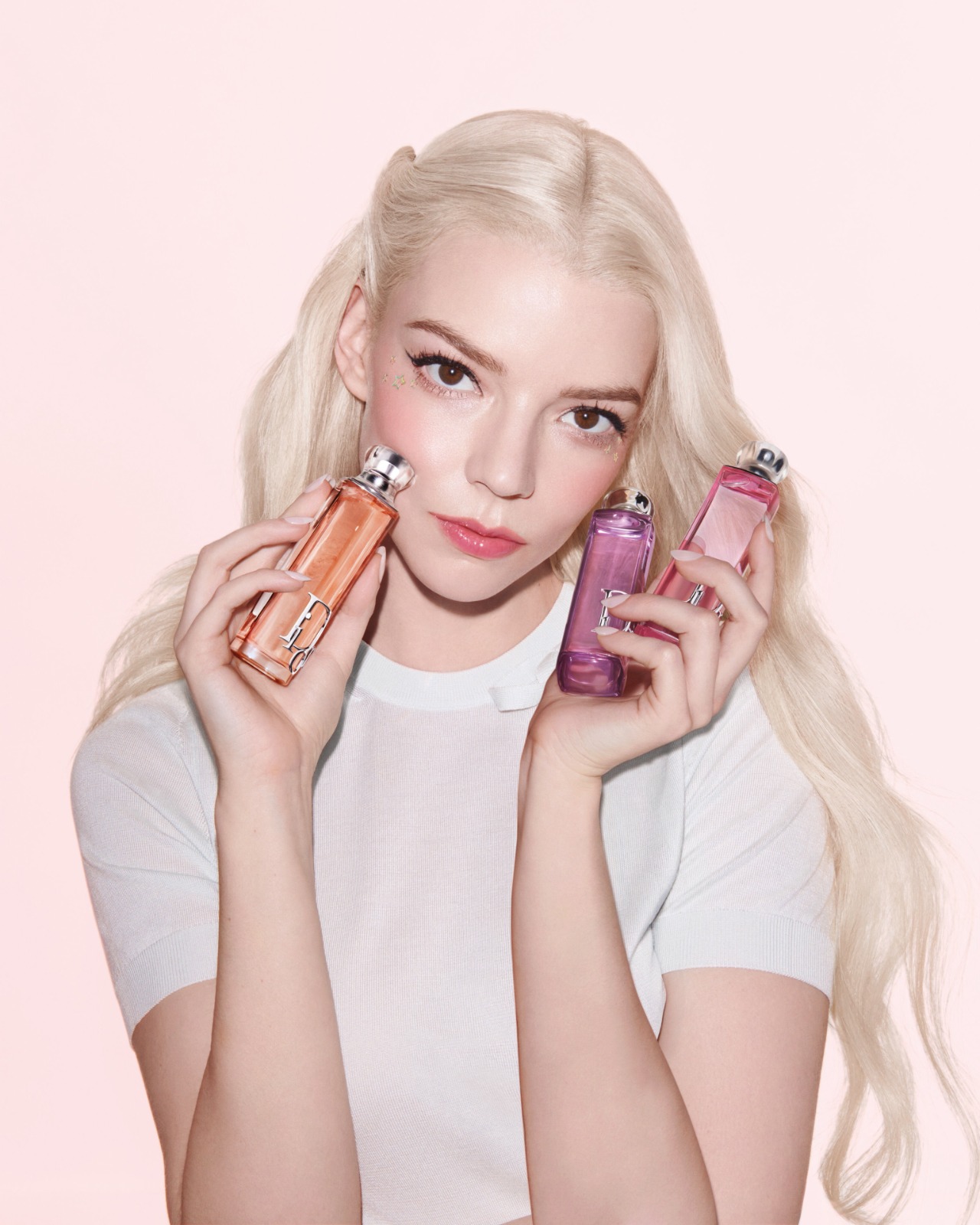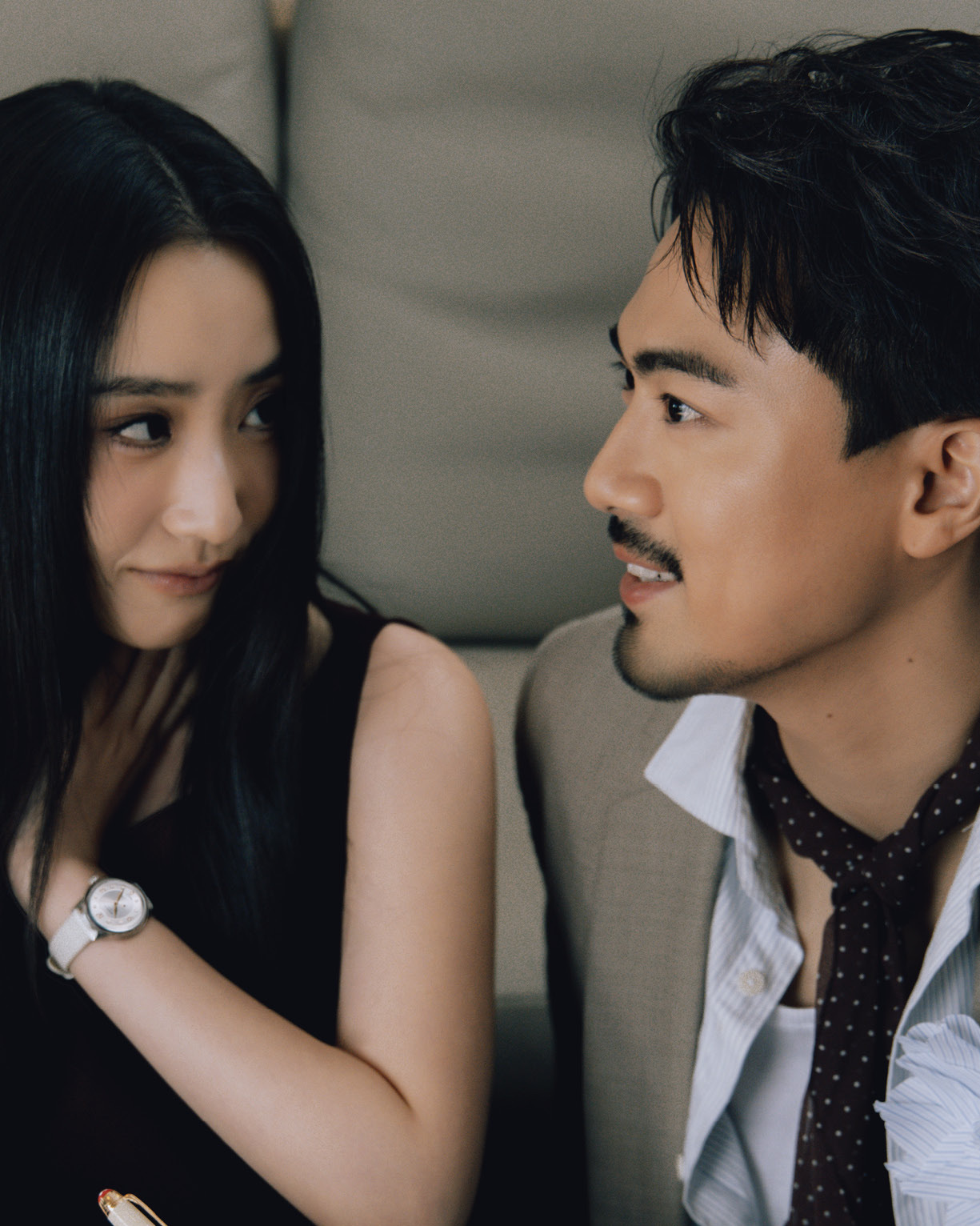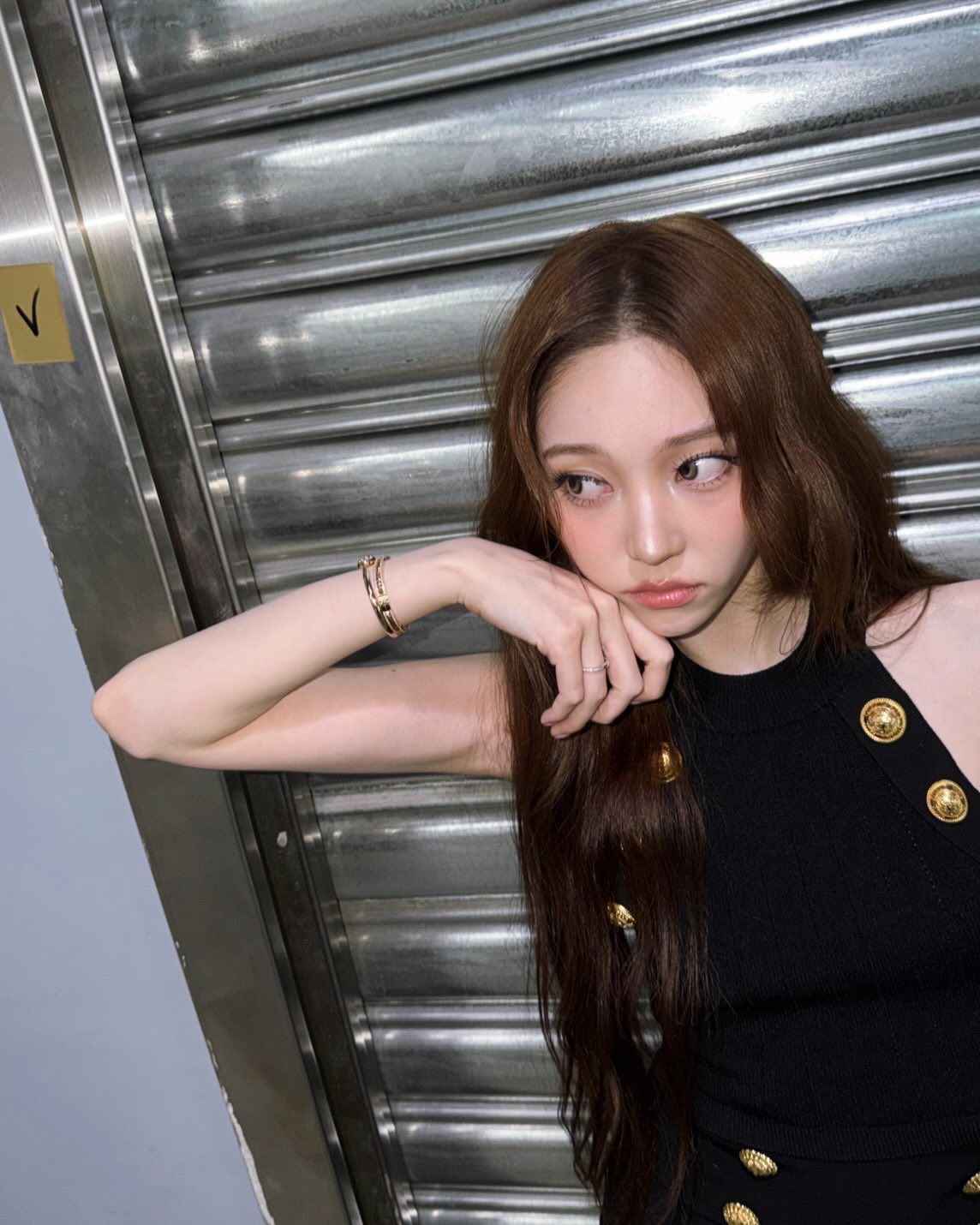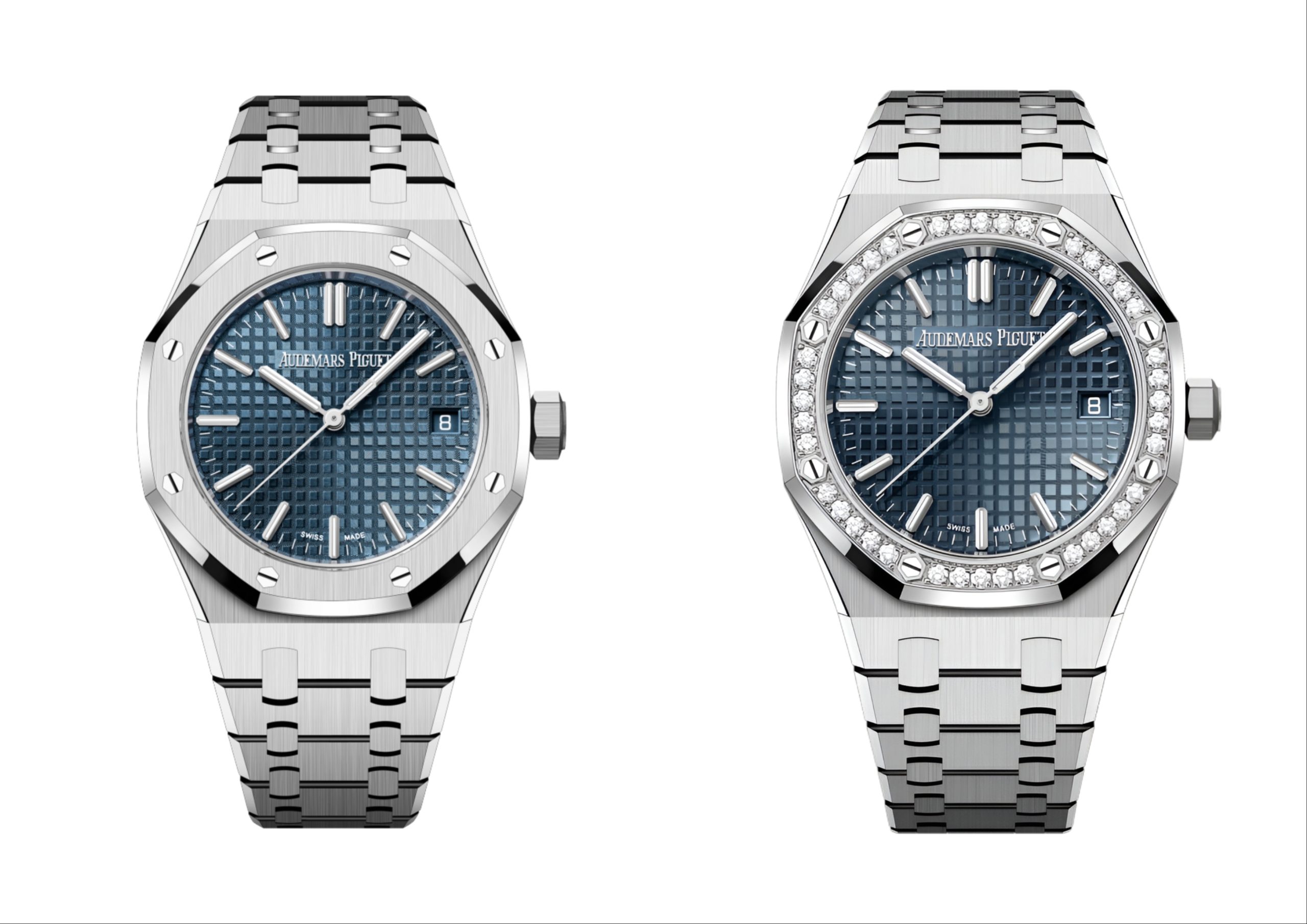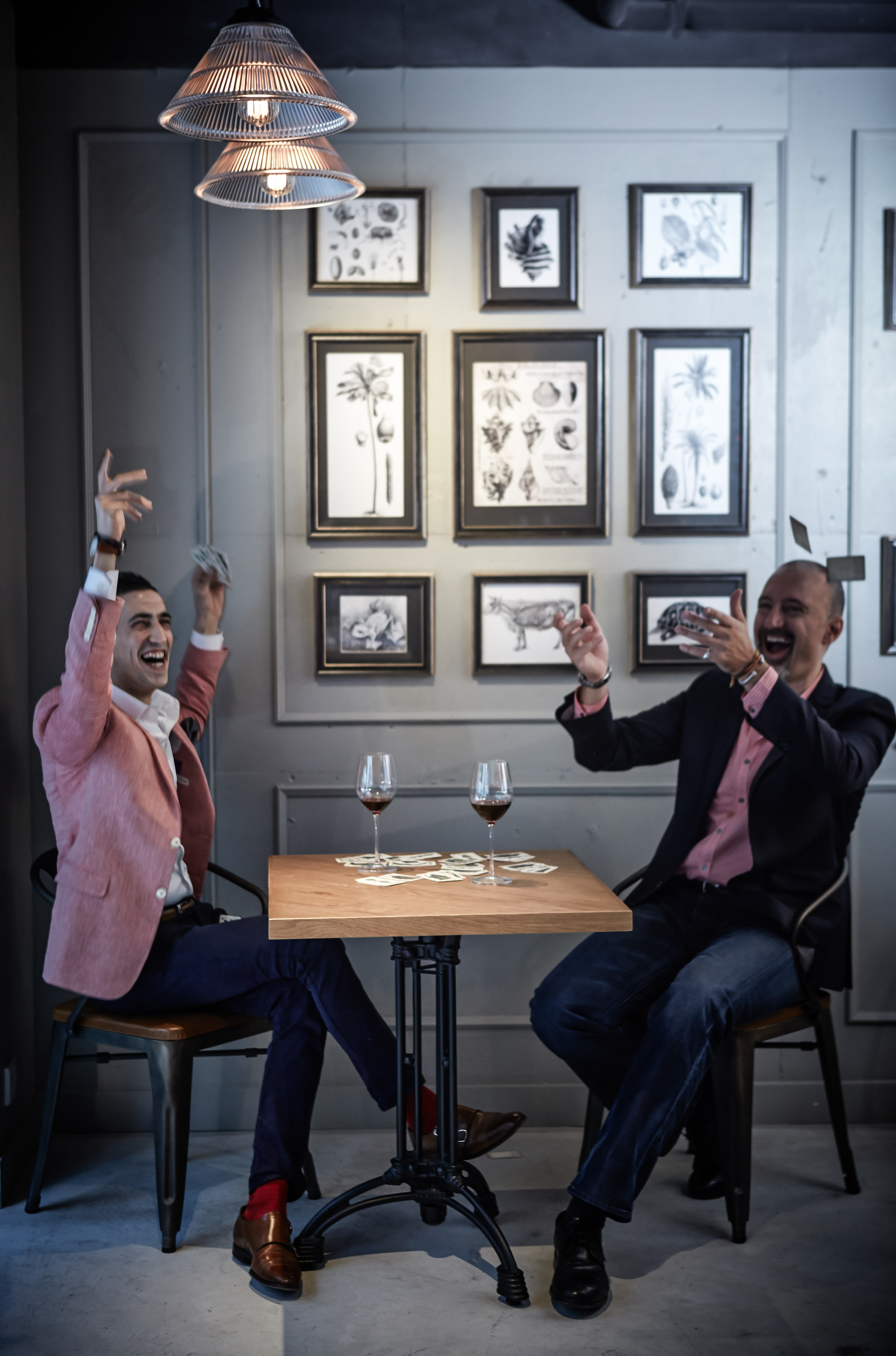
Homegrown restaurant group, Pirata Group came onto the scene like a bit of a dark horse with the opening of their first restaurant Pirata back in 2014. In fact, it took several months for the restaurant to truly pick up – a stark contrast to today, where you’ll struggle to get a table without booking in advance. Having worked in F&B all their life, Christian Talpo (who ran and opened Zuma and previously managed Grand Hyatt Hong Kong’s Grissini) and Manuel Palacio decided to take the plunge to start something of their own.
And it paid off. Now with seven concepts under their belt, namely Pirata, The Optimist, Pici (in Wan Chai and Central), Tokyolima, Meats, Chifa and Madame Ching, the Pirata Group has earned itself a loyal following for those who love food but are after a more genuine and relaxed experience.
Following their two most recent openings – Chifa and Madame Ching – we spoke to Christian Talpo and Manuel Palacio about what it really takes to make it in Hong Kong’s competitive restaurant industry and their naughtiest kids (read: restaurants):
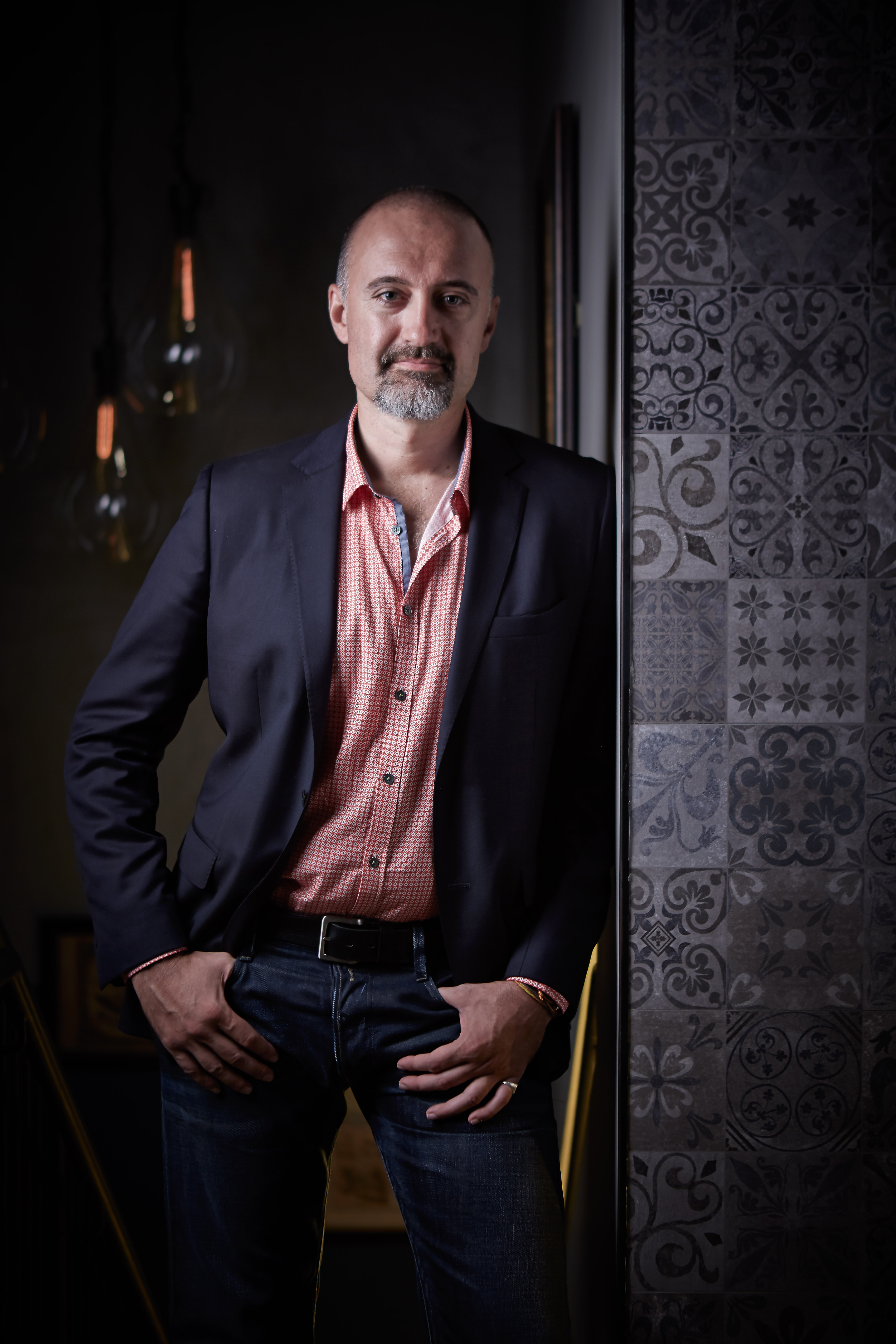
How did you get into hospitality?
Talpo: We both started at 15 years old. I started washing dishes at a nearby hotel and fell in love with the business. I progressed into being a waiter and then later on a bartender. When I reached 19, after the military service, I found that I wasn’t really going anywhere – I had no school, no languages, no real basic foundation on how to do anything than be a waiter. So I applied to every single hotel chain I could think of around the world and I got two different offers. One was from The Hilton in Tokyo and one was from the Grand Hyatt Hong Kong. I picked Hong Kong purely because, being a British colony at the time, I though everybody spoke English and that I was going to learn English very quickly. I came to Hong Kong in 1993 and I spent all my formative years at the Grand Hyatt. I did my training and worked all the way up to restaurant manager of Grissini. It was really tough at the time, no nonsense of having two days off, minimum hours and minimum wage – a little bit akin to slaves. It was fun, I learnt a lot. After that, I worked and ran different groups here in Hong Kong. I had a business for imports at one point and then fast forward to a few years ago, I was working as the general manager at Zuma. I opened Zuma and ran it for the first five years of its life and then after that, I switched to Aqua Group. I was appointed as the chief operating officer of the Aqua Group and that’s where I met Manuel – he was working as a restaurant manager at Armani.
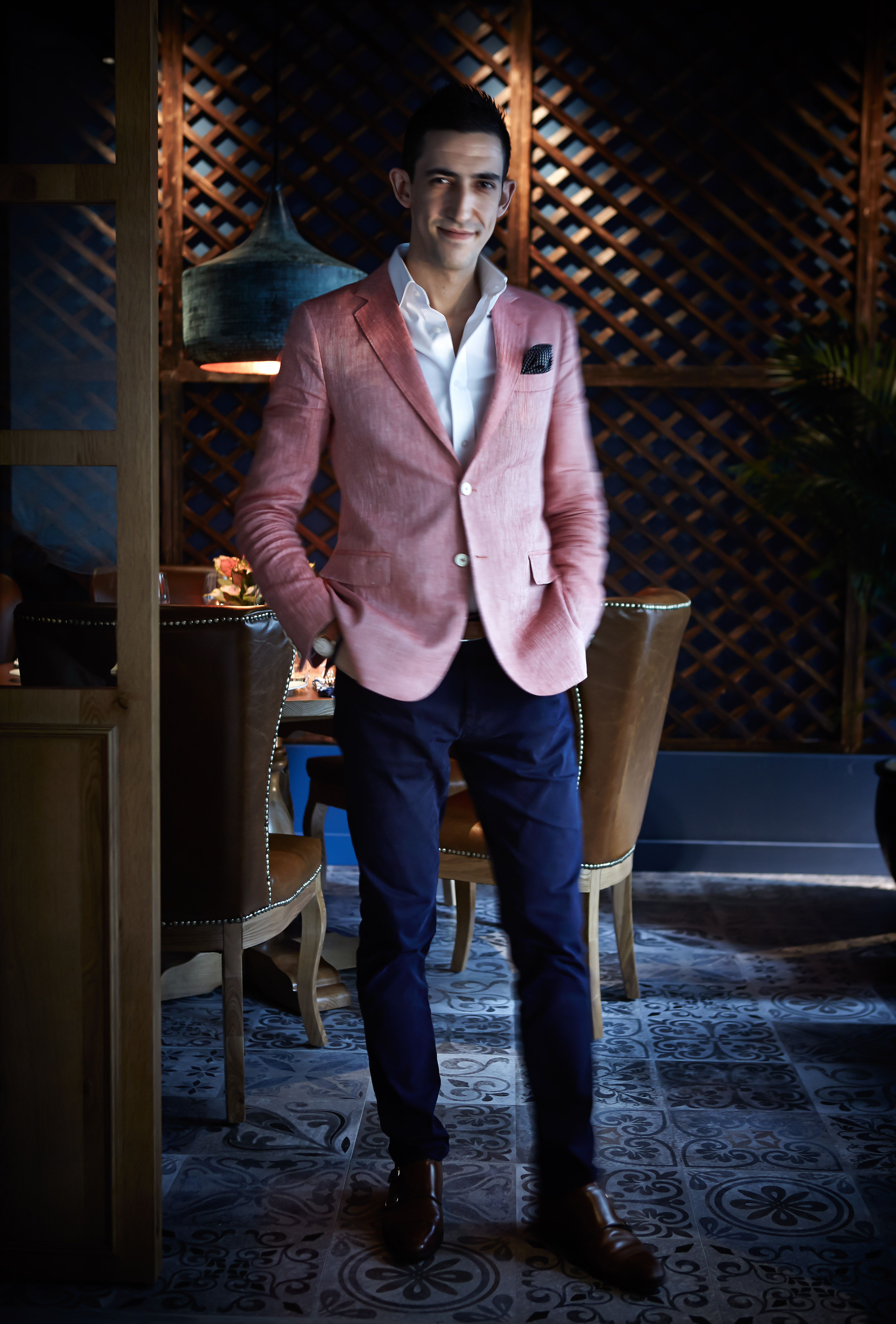
Palacio: My life is much shorter, so my story is much shorter. I started at the age of 15 working in a little churros place back in Spain. It was a very tough job, long hours and very little pay. By the age of 18, I opened a little record label that was very unsuccessful. I was into hip hop and it’s still my passion today. It was an amazing experience and we were very unfortunate that our first record was quite successful, so we thought we knew something. Obviously, we followed with four big failures. In parallel, I was working in F&B and by the age of 21, when we lost the record label, I decided to move to London. I spent seven years there with a one year break in New York and a couple of summers in Ibiza. When I was around 27, I went to Hong Kong to work for Armani. That’s where I met Christian. We connected, and he was a big reason why I stayed as long as I did. Then one day, Christian came to me and asked ‘why don’t we open a restaurant?’ And honestly, it’s been an amazing journey so far. It’s just so easy and natural to work with someone who you respect, as you don’t want to disappoint them.
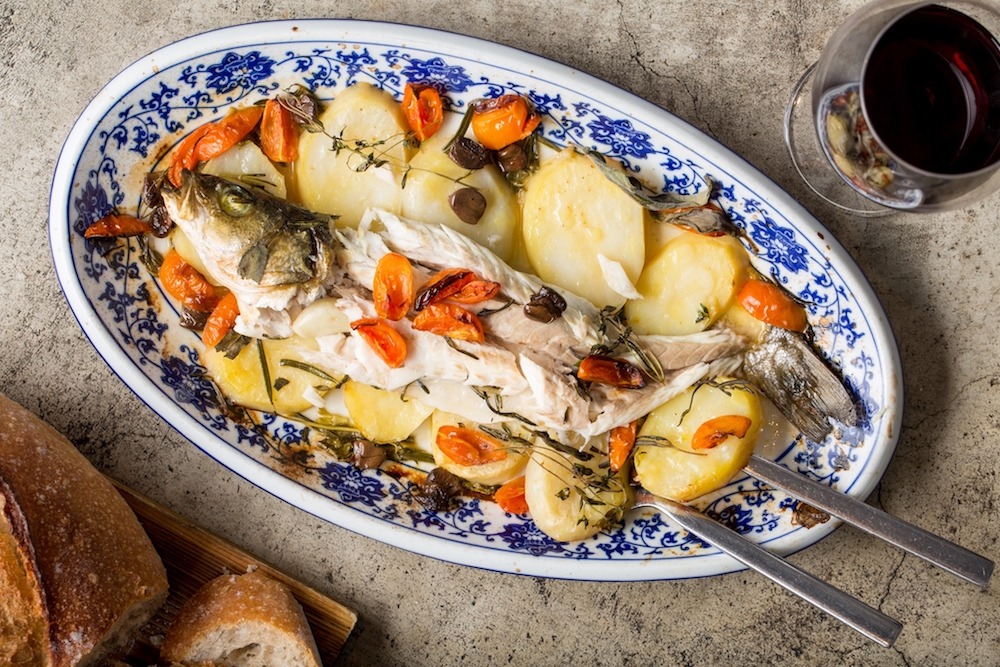
Why did you start with Pirata?
Talpo: Back then, if you wanted to eat proper Italian food, you had to spend quite a lot of money. There were a lot of entry-level Italian restaurants that were cheap but the quality was really not there. We didn’t know back then but we really put the fundamentals for Pirata Group as it stands today when we were deciding what to do. We set out with three very simple things that we thought was missing in the market – restaurants driven by good food, good service and good value for money. It sounds like things you hear all the time but we really stand by it. When I say good food – I mean good, proper wholesome food. It isn’t food done for Instagram, to save money or for our own ego. This is food that we actually like.
We spare no expense to make sure you have a good time with us. If you’re not happy with the food, we’ll replace it with no cost. If you want to change things, we’ll do it as best as we can. We will always try to accommodate you as much as possible. As an example, we were open for only about three or four days [at Pirata] and someone was asking for balsamic vinegar, which we had forgotten to order. We just didn’t have it. So I remember, Manuel coming across the floor to me and giving me some money to buy some. It was 20 minutes late, but we found a bottle and I think he appreciated it. This is what we mean by good service.
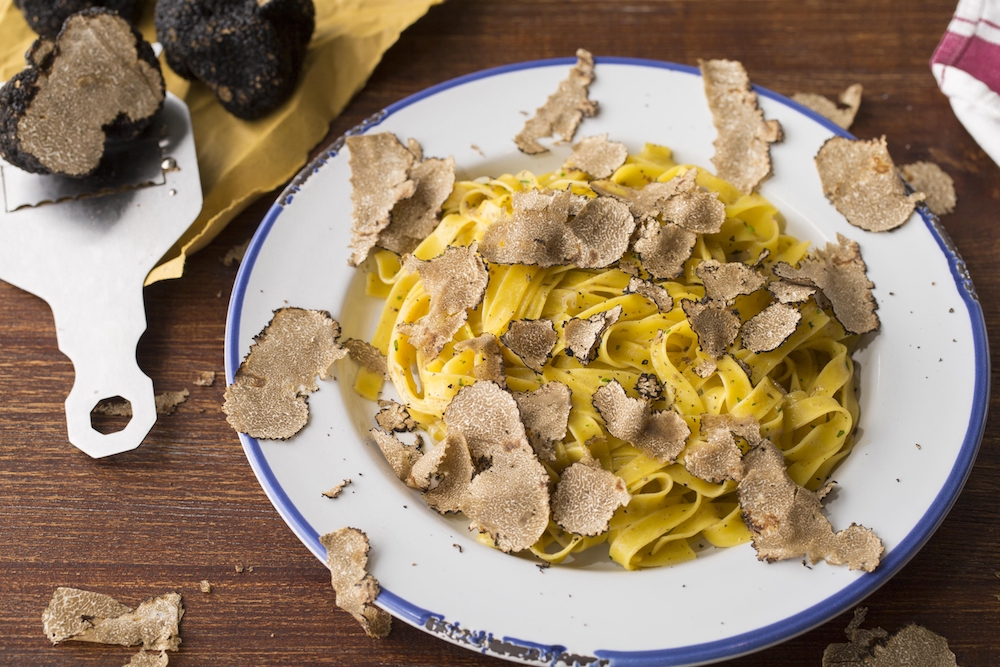
We were really clear on the focus of the restaurant but we had to be very flexible when it came to how we got there. When we set out, we were looking for a 1,500 square foot location on a ground floor in Central. After a long and hard search, we ended up with a 3,000 square foot in the middle of Wan Chai at the top of a building on Hennessy Road. We were still very focused on making it work but believe me, when we opened we were really worried we wouldn’t be able to make it.
How would you describe your company culture?
Palacio: Company culture has been something that’s always been very important to us and it comes from all the frustrations we had as staff. We had a long list of things that we thought our previous bosses could have done better. Transparency is very important. When we go to our restaurants, we want our team to feel happy that we’re there because we can help rather than feeling like we’ve come to check on them. You’re talking to two people who have been waiters and restaurant managers for many, many years. So I think it’s important that when people join Pirata Group they feel happy so they can make their colleagues happy and the guests happy.
What has been your biggest lesson?
Palacio: I think there’s one thing that we always say – we are only as good as our last service. It doesn’t matter how good we’ve been or how long we’ve been around for. What matters is your experience tonight. So if we can’t get it right tonight, everything we’ve done is irrelevant. At a restaurant, it counts for every single lunch and every single dinner. And it’s a never ending project. We’ve seen a lot of restaurants go up and down. Even our restaurants go up and down. Obviously, it’s much easier to get excited about Madame Ching today than about Pirata, who is four years old. But you need to love all your kids the same and give them the same amount of time.
Which restaurant has been your naughtiest kid?
Talpo: I think all of them one way or another. Pirata obviously took a while to get off the ground. For the first two, three months, there were nights where we had five people in the restaurant. There were nights where Manuel and I looked at each other and said: ‘Are we going to be able to pay the staff this month?’ That’s how heart-breaking it is when all of your savings are in the business. How desperately we wanted to succeed. Then on the other hand when we opened The Optimist we thought we were going to have a slow opening but were slammed from day one.
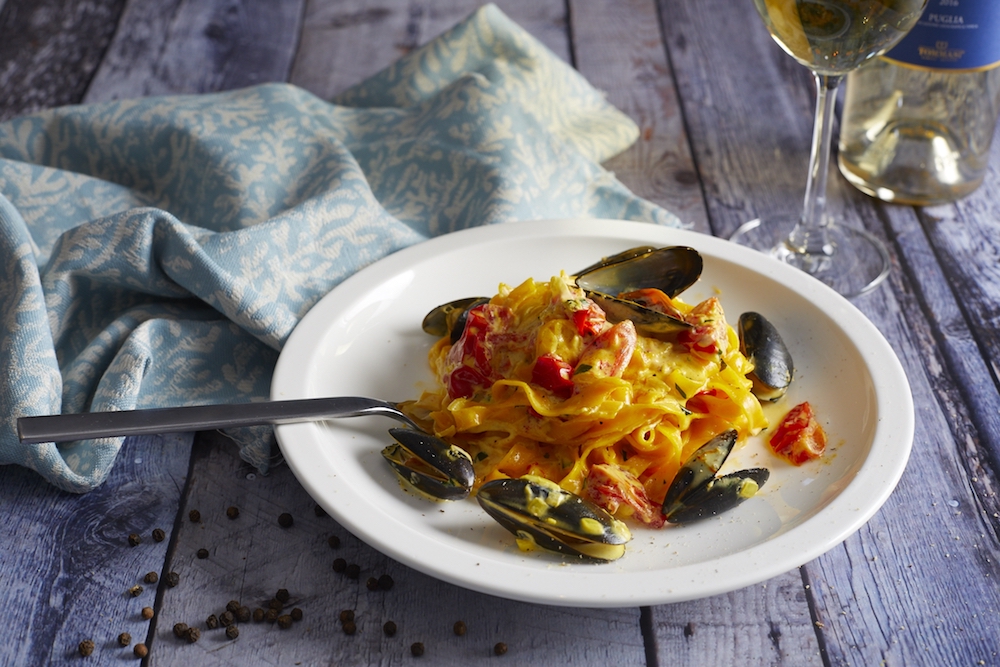
Pici and Tokyolima opened at the same time. For Pici, everything that could go wrong, went wrong. From licensing to gas, we had difficulties with the neighbourhood, we had the police showing up, we had orders to install new toilets a week from opening. Tokyolima, which is three times the size, was so smooth. Everything was on time. Every single one has a different story. Pici Central is a site that we were looking at for the original Pirata. We had been after this site for the last three or four years and it just happened that one day, it came on the market. Meats was a site that almost came by chance when we were walking by one day.
What made you decide to open a dumpling house and Chinese BBQ restaurant in a city like Hong Kong when there’s already so much choice?
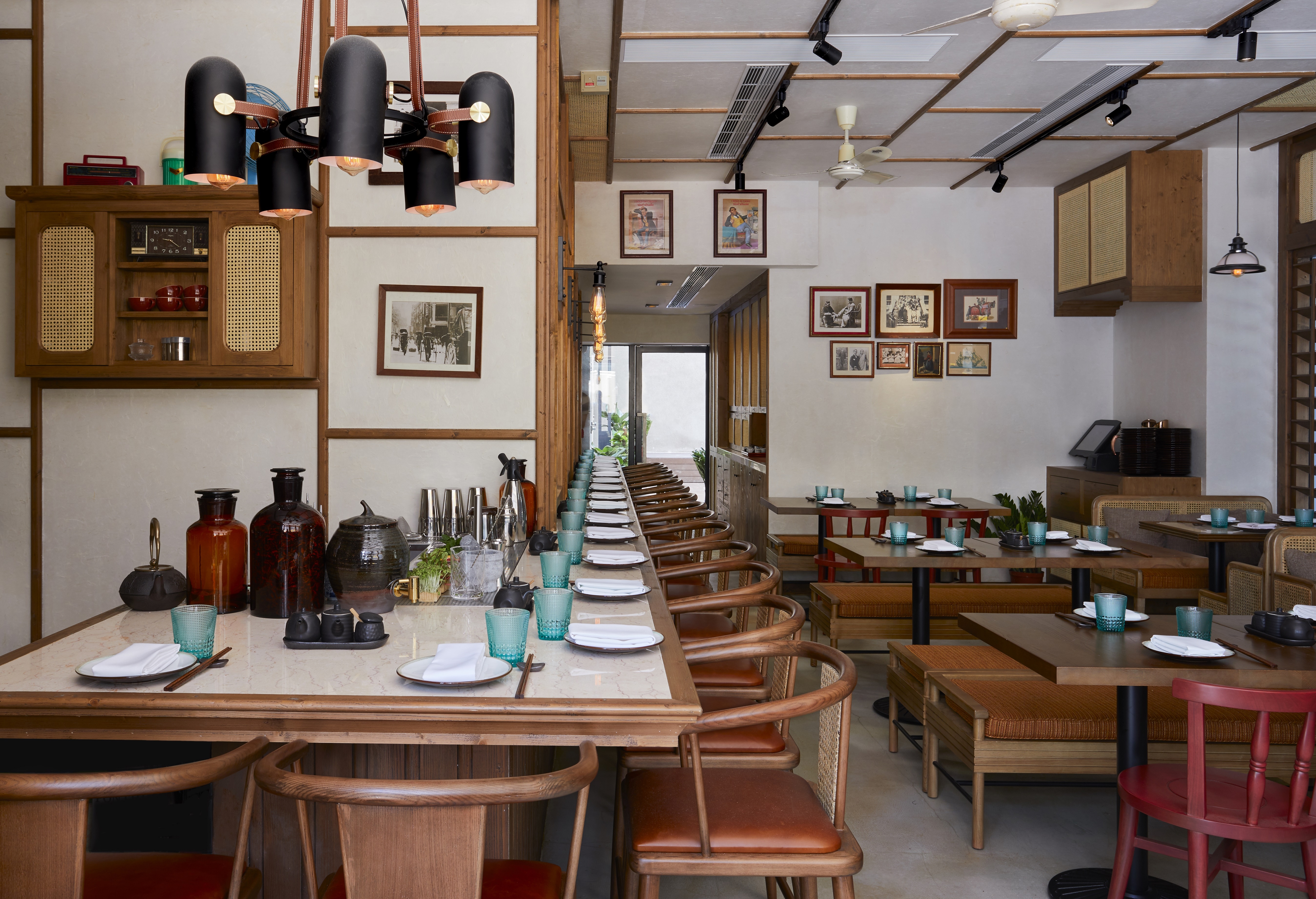
Palacio: Obviously a lot of people are asking that. I think the most important thing to understand is that good food is good food. Period. That’s it. You can call it whatever you want but good food is good food. We felt that in Hong Kong, it’s a lot of choice but there’s not a lot of good choices. It’s like how we feel in Spain or in Italy. Oftentimes, the best Italian or Spanish food you can find is in London, New York or Japan. Obviously you can find it in the little villages or restaurants but they don’t put too much effort in the craftmanship or presentation. We are trying to give a fresh interpretation of the local cuisine from our point of view – we’re not trying to imitate local food. We are trying to see what’s been done and bring something new to it and show that the music can be fun, the toilets can be clean and the service can be good.
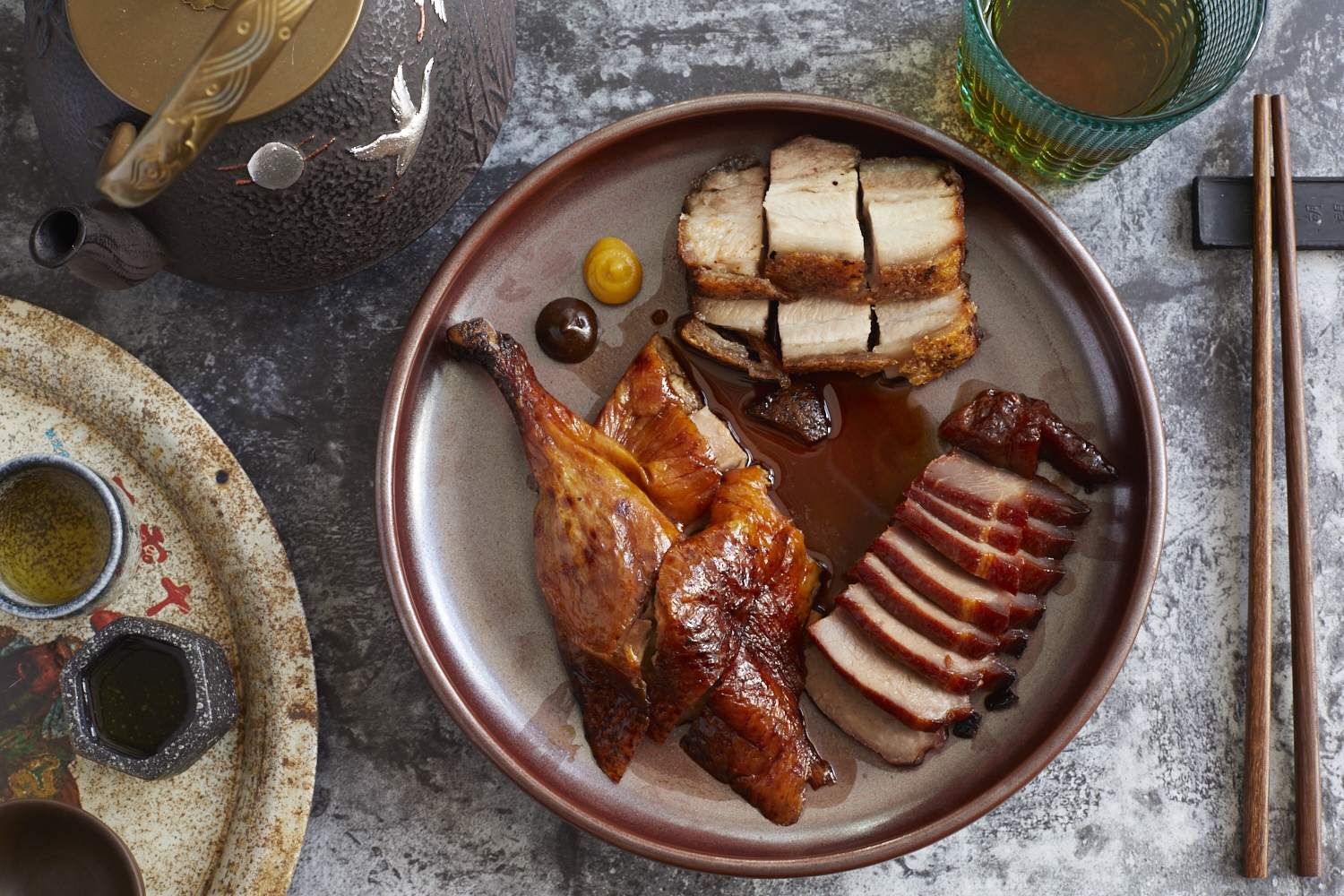
The duck that we are serving in Madame Ching, we’ve tasted around 100 to 150 times. The classic local shop will make it one time and serve it. Our menus are always evolving to make sure we deliver the best we can do.
What are your favourite new dishes?
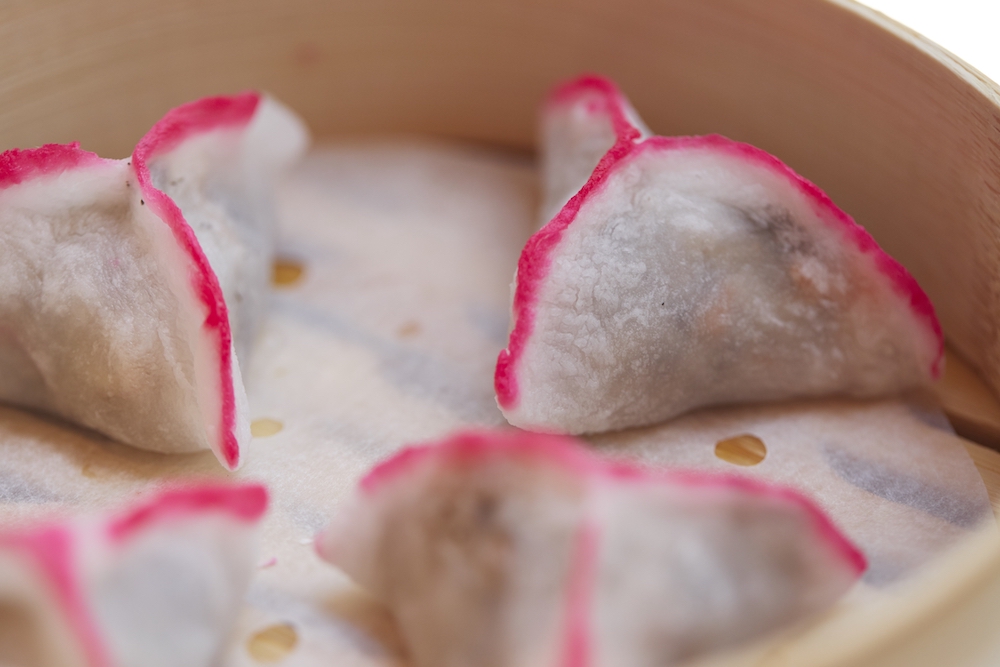
Palacio: In Chifa, I love the ceviche. I like the crystal dumpling and the lomo saltado, which really defines what Chifa is. The suckling pig is very nice as well. In Madame Ching, I can’t tell you the dish I don’t like because I love them all.
Where does Pirata Group stand on sustainability?
Palacio: We have paper straws in 80% of our outlets. At Meats we don’t offer straws and at Madame Ching we are using metal straws … I think at the moment, honestly speaking, each restaurant should have social responsibility. But each restaurant should be free to pick their own battle. We choose to support refugees, for instance, but we don’t really advertise that. We just believe it’s the right thing to do. Straws are an important battle but just because you’ve decided to fight the battle of the straws, it doesn’t mean we shouldn’t support animals, or refugees. We all have different priorities. And yes, we are in the process of switching [the use of plastic straws] in our outlets. We support a lot of local charities and different cultures, but we’ve never promoted it. We’re doing it because we want to not because we want other people to know that we’re doing it.



